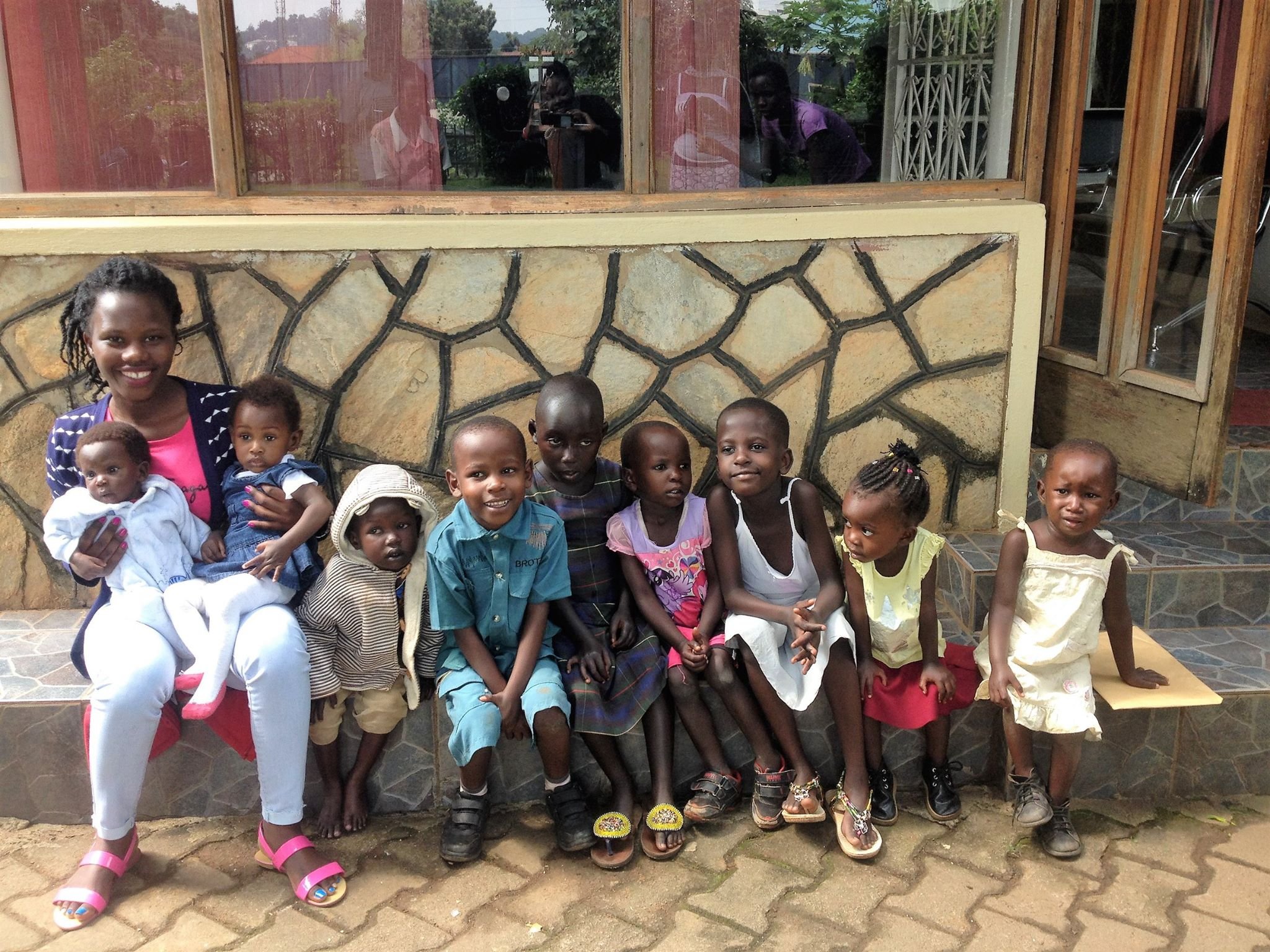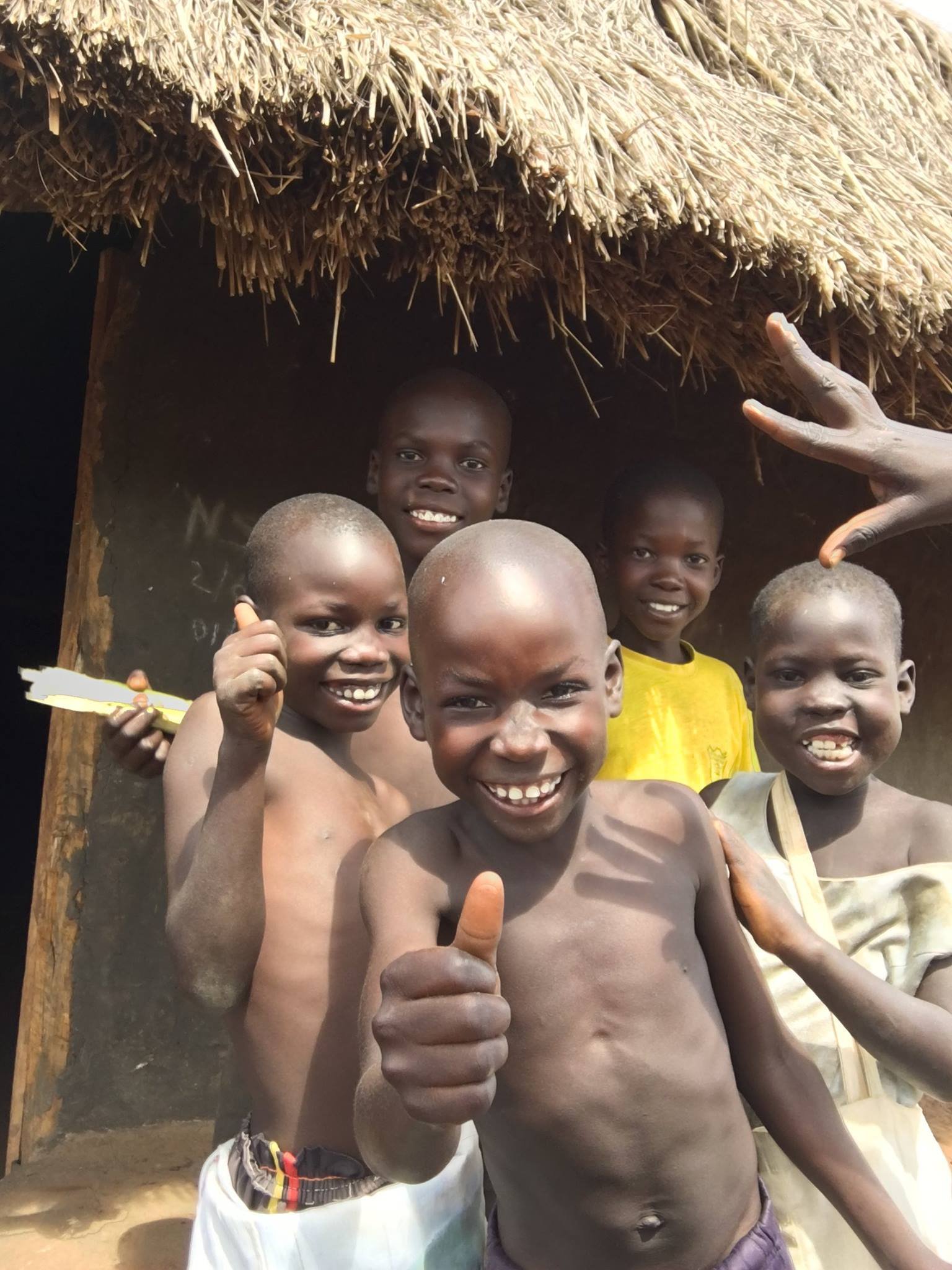
Rheumatic Heart Disease
Rheumatic Heart Disease (RHD) is a preventable cardiovascular disease, caused by untreated strep throat and is of epidemic proportion in sub-Saharan Africa. Over 300,000 children and young adults die from RHD each year. This is a reality that we cannot and will not accept.
Groundbreaking New Study
Our groundbreaking new study, published November 2021 in The New England Journal of Medicine, details how penicillin works to prevent progression of early echo-detected RHD.
Millions of children are needlessly suffering from RHD. Heart Healers International is a leader in the fight to save them.
Learn More About Rheumatic Heart Disease
How Heart Healers International is Helping
Heart Healers International, in partnership with Children’s National Health System, several other universities and hospitals on six continents, non-governmental organizations, and ministers of health are tackling the large burden of Rheumatic Heart Disease. Through our award-winning research, partnerships with medical practitioners and government officials, we are well-positioned to make a meaningful and lasting impact in Uganda in the fight against RHD. We aim to replicate the RHD care and prevention model we built in Uganda across sub-Saharan Africa and, ultimately, around the world to stem the tragic loss of life caused by this completely treatable disease.
For over a decade, we have partnered with the Uganda Heart Institute—the only Ugandan hospital that can build capacity for treating heart disease. Our two project locations –Kampala and Gulu–have committed and skilled teams of local doctors, nurses, government leaders, and community activists. We have key strategic relationships with the Ugandan Minister of Health and the Ugandan Ambassador to the United States and they support our vision to expand our efforts throughout Uganda with the goal of providing access to care for all Ugandan children with cardiac disease.
We know comprehensive RHD control programs can work. Developed nations with improved living conditions and treatment of strep throat have nearly eliminated RHD, while low-resource nations, such as Uganda, experience rampant RHD. Cuba and Costa Rica are rare exceptions to this paradigm, providing hope that screening, treatment, and prevention has the potential to lead to significant reduction of disease burden of RHD in our lifetime.
Most healthcare providers and patients in the developing world are unaware of the link between strep throat and RHD.
We aim to develop generalizable and sustainable solutions.
We are leveraging existing HIV infrastructure to develop regional centers of excellence for community education, training, and treatment.
We aim to eliminate the knowledge gap with all healthcare workers in the country through increased awareness.
We are meeting children where they are – in the primary schools – to educate and screen them for early disease.
We are piloting a teacher education program through interactive educational modules that will dramatically increase public awareness about the early stages of the disease.
We will study the effectiveness of the modules in the classroom through testing of knowledge transfer and in the field by tracking increased number of children referred and treated for strep throat.
Using our work in Uganda, we are developing and validating a plan for strep throat management that can be adopted into the national integrated management of childhood illness strategies. We have been tracking rates of sore throat presentation to primary health centers and studying both barriers and effectiveness of appropriate delivery of primary and secondary penicillin injections.
Our work shows that echocardiographic screening provides the best chance of early RHD detection. Dr. Andrea Beaton’s publication in “Circulation”, the leading journal for heart disease in the world, was named one of the top ten research advances by the American Heart Association in 2012. And our current landmark work is featured in the New England Journal of Medicine. Our efforts have gained global recognition, and we have received grants from prestigious organizations such as the National Institutes of Health, World Heart Federation, Verizon Foundation, The Karp Family Foundation and Edwards Foundation.
Current initiatives, using non-physicians and handheld ultrasound devices are working towards making school-based screening a sustainable public health model for RHD control. We have already screened over 100,000 Ugandan children, with 1.5% now on secondary prophylaxis to prevent disease progression. Research is underway to refine screening protocols, expand the reach of screening, continue the validation of handheld devices, and examine cost-effectiveness. We have established a national RHD registry. We are working to establish regional penicillin clinics in many areas. And we continue to pioneer global RHD research and treatment

